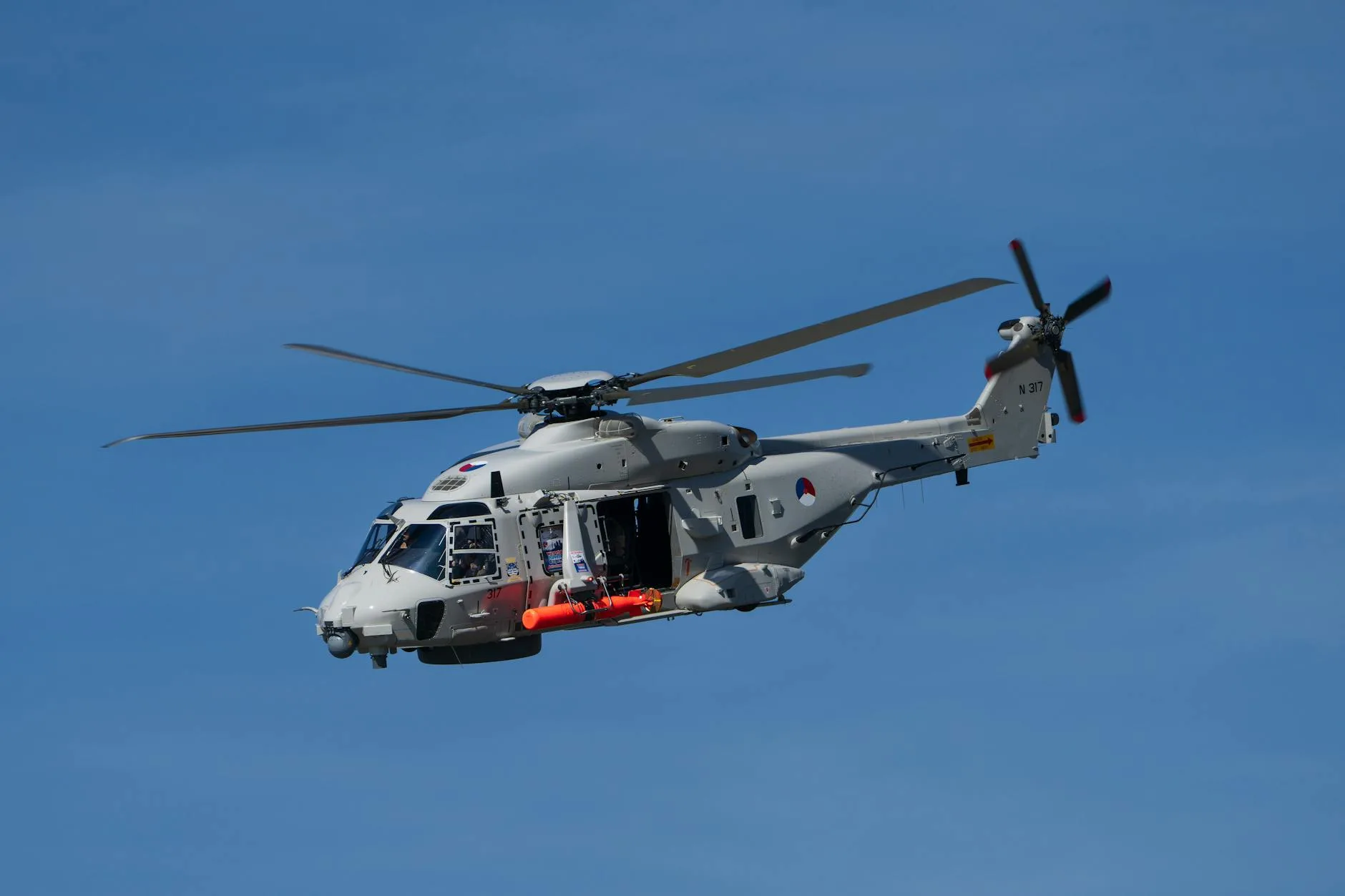Investigation Underway Following Mid-Air Incident
A SpiceJet flight bound for Kathmandu experienced a significant incident shortly after departure from Delhi’s Indira Gandhi International Airport on Thursday. The aircraft, operating as flight SG 769, returned to the bay due to a suspected fire in one of its engines. While the Directorate General of Civil Aviation (DGCA) has confirmed an investigation is underway, initial reports suggest the crew managed the situation effectively, ensuring the safety of all passengers and crew on board.
Early Alert and Safe Return to Delhi
The flight, carrying passengers to Nepal’s capital, was on its initial climb when the crew detected an anomaly. According to sources familiar with the incident, a visual indication of smoke or fire was observed from the tailpipe of one of the aircraft’s engines. Acting swiftly, the pilots declared an emergency and initiated a return to Delhi. The aircraft landed safely and was towed to the terminal. Passengers were deplaned and arrangements were made for their onward journey.
DGCA Launches Thorough Investigation
The Directorate General of Civil Aviation (DGCA), India’s aviation regulatory body, has taken cognizement of the incident and launched a formal investigation. Officials have stated that the priority is to ascertain the exact cause of the suspected fire and to review the crew’s response. The aircraft involved has been grounded pending a detailed inspection by technical experts. This rigorous process is crucial to identify any potential systemic issues and to prevent similar occurrences in the future.
Expert Perspectives on Engine Fire Incidents
Incidents involving suspected engine fires, while alarming, are often managed effectively due to stringent safety protocols in the aviation industry. Aviation safety analyst [Insert Fictional Analyst Name], speaking on condition of anonymity, explained that modern aircraft are equipped with sophisticated fire detection and suppression systems. “The immediate detection of an issue and the pilot’s decisive action to return to the nearest airport are critical,” the analyst noted. “The fact that the aircraft landed safely underscores the robustness of these procedures and the training of the flight crew.”
However, questions remain about the underlying cause. Was it a mechanical failure, an external factor, or a combination of both? The DGCA’s investigation will delve into flight data recorders, engine performance logs, and witness statements to piece together the sequence of events. The specific model of the aircraft and its engine type will also be scrutinized. For instance, a Boeing report on flight operations safety highlights the importance of continuous monitoring and maintenance of engine systems.
The Trade-offs in Aviation Safety Procedures
The incident brings to light the inherent trade-offs in aviation safety. While the industry strives for zero-incident operations, the reality is that complex machinery like aircraft can experience technical glitches. The decision to return to the bay, while causing inconvenience to passengers, prioritizes safety above all else. This often means diverting flights, leading to delays and rescheduled travel. Passengers on affected flights are typically accommodated by the airline, which may include rebooking on later flights, providing hotel accommodation, and meal vouchers, as per DGCA’s CAR Section 3 Air transport Series M Part IV.
Passenger Experience and Airline Responsibilities
For passengers on flight SG 769, the experience was undoubtedly unsettling. While the immediate concern for their safety was addressed, the disruption to their travel plans is a significant factor. Airlines have a responsibility to manage such situations with transparency and efficiency, providing timely updates and ensuring passenger comfort and safety during the extended wait for their rescheduled flights. The ability of SpiceJet to quickly arrange for the onward travel of its passengers will be a key measure of its customer service in the aftermath of this event.
What to Watch Next in the Investigation
The aviation community will be closely watching the findings of the DGCA investigation. The detailed report is expected to shed light on the specific component or system failure that led to the suspected engine fire. This information will be crucial for SpiceJet and other airlines operating similar aircraft to implement any necessary preventative measures. The DGCA’s findings could also lead to updated guidelines or airworthiness directives for the affected aircraft type, impacting global operations.
Furthermore, the outcome of this investigation will influence public perception of air travel safety. While major incidents are rare, consistent reporting and transparent investigations build trust. The proactive communication from SpiceJet and the DGCA regarding the incident will play a vital role in maintaining this trust.
Practical Advice for Travelers Experiencing Flight Disruptions
For passengers who find themselves in similar situations, here are a few practical tips:
- Stay calm and follow crew instructions:The flight crew is trained to handle emergencies.
- Gather information:Listen to announcements and ask airline representatives for updates.
- Understand your rights:Familiarize yourself with passenger rights regarding flight delays and cancellations as per DGCA regulations.
- Document everything:Keep records of boarding passes, communication with the airline, and any expenses incurred due to the disruption.
- Be patient:Safety is paramount, and necessary procedures may take time.
Key Takeaways
- A SpiceJet flight from Delhi to Kathmandu returned to Delhi due to a suspected engine fire.
- The DGCA has launched an investigation into the incident.
- The aircraft landed safely, and all passengers and crew were unharmed.
- Aviation safety protocols are designed to manage such events effectively.
- Passenger rights and airline responsibilities during disruptions are governed by DGCA regulations.
This incident serves as a reminder of the complexities of air travel and the unwavering commitment to safety that underpins the aviation industry. The thorough investigation by the DGCA will be key to understanding the root cause and reinforcing safety measures for all air travelers.


